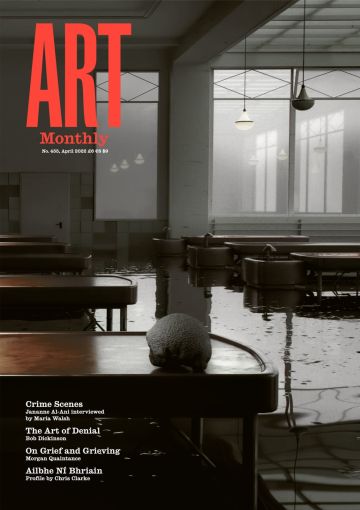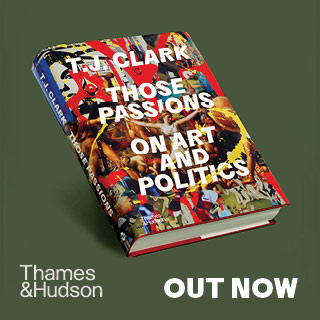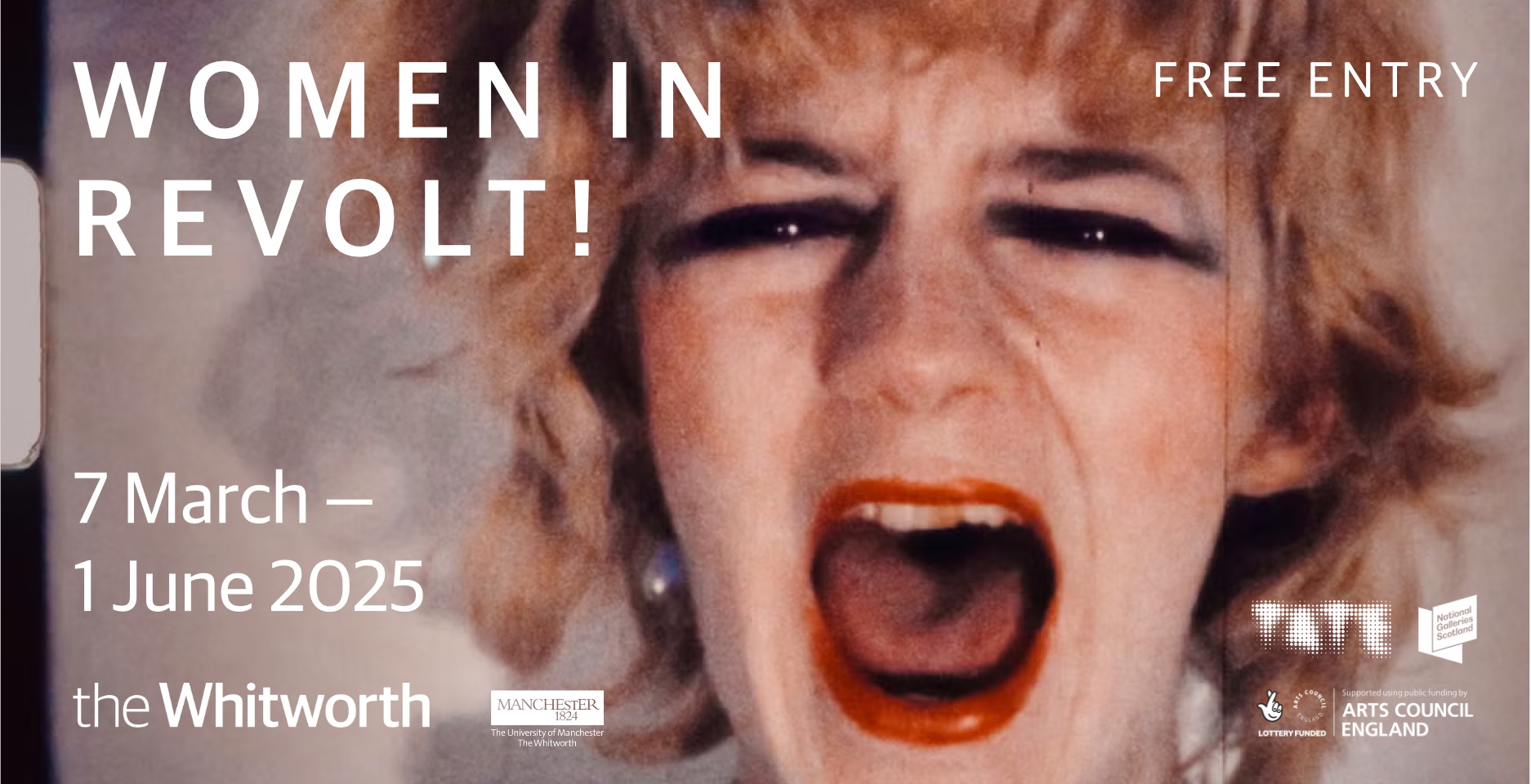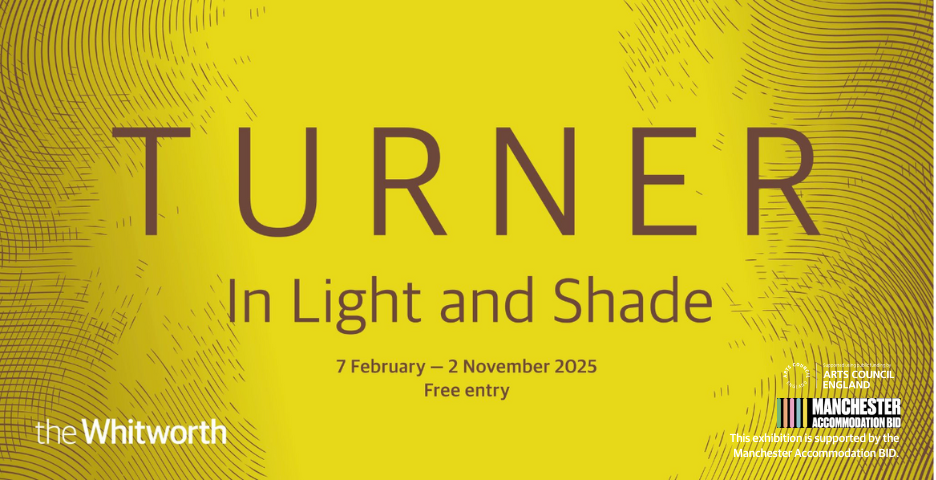Review
Every Ocean Hughes: One Big Bag
Lucia Farinati discovers the importance of death doulas
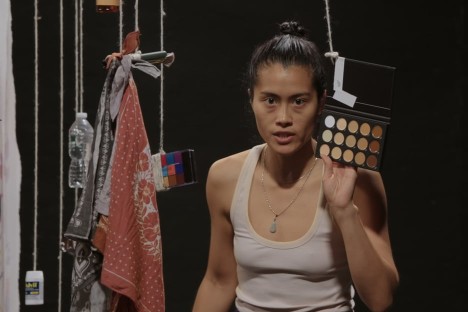
Every Ocean Hughes, One Big Bag, 2021
Who has rights over your body? What do you wish for your body after death? One Big Bag, a film installation by artist Every Ocean Hughes (fka Emily Roysdon) commissioned by Studio Voltaire, allows the visitor to discover the spiritual, political and creative role of a death doula. Far from being the commercial enterprise of a funeral director or the medical task of a hospital clinician, a death doula is a guide designated to meet end-of-life needs beyond normative death services imposed by national and religious conventions. Hughes, a trained death doula herself, has created a sensorial space in which the practical task of a death doula can be accessed without fear or prejudice. As the title of the piece suggests, everything a doula needs to bring with them so that they can provide the most effective death care can be contained in just one big bag.
Entering the gallery space, the visitor first engages with the tools and materials that constitute a corpse care kit. Objects suspended from the gallery’s vaulted ceiling appear as mobile sculptures: combs, bandages, diapers, glue to repair autopsies, thick gloves, perineal spray and stage make-up. There are also many kinds of ceremonial bells and fabrics useful to create the right atmosphere in a death ceremony and, not least, tissues, snacks and painkillers that can help to pacify the living who are willing to take part in the preparation of the dead and for the big event itself: the funeral.
‘Grief comes through the hands,’ the artist suggests. ‘Death has to be understood with the senses. The mind doesn’t get it.’ Although fear of death can be a barrier to touching a corpse, once this barrier is broken, grief can take its course in the physical realisation of what is lost.
The central part of the exhibition consists of a large suspended screen showing a looped 40-minute monologue performed by actress Lindsay Rico and choreographed by Miguel Gutiérrez. As a kind of specular reflection of the installation, every object the doula/ performer uses in the preparation of the body is suspended above the viewer. The narration alternates from storytelling to anecdotal comments, including factual descriptions of every procedure the doula performs, such as how to empty remaining body fluids and wash a dead body with soap suds. Rico’s gestures and movements punctuate the boldness of the script and its macabre humour. There is no sentimentalism here in her delivery; the work foregrounds the intensity and tenacity of the performer while demystifying the fear of touching and caring for a dead body, but it sometimes leaves little room for the viewer to imagine a more meditative and gentle approach to afterlife care.
One Big Bag is the second instalment of a three-part work which began in 2019 with the performance Help the Dead. The project is informed by several years of research on death doulas and the establishment of the rights and practices of queer death along the west coast of the US. Drawing from the impact of the AIDS crisis and the establishment of black funeral homes in the US during the civil rights movement, the work is a profound reflection on the vital role of common care infrastructure. For members of LGBTQ+ communities, the death event is when the rights over their bodies can be undermined and repeatedly threatened by heteronormativity. ‘Often with these big life events,’ Hughes comments, ‘norms are recentred and the biological family becomes relevant again – unless you’ve done the paperwork.’ Taking death into your own hands, choosing your own doula, imagining your own creative and sustainable funeral: such actions produce a serious political act of self-determination as well as a sharp critique of the death industry. Why spend $9,000 on a funeral when a body can be transported and buried in a cardboard box, be dressed in a mushroom biodegradable burial suit and loved ones can be gathered to remember a life lived under a favourite tree?
One Big Bag is a poignant work that reminds us of the urgency of rethinking the politics of mourning, and the material and financial ecologies of death care. This seems even more crucial in our time of mass death from war and the continuing pandemic, when, for safety reasons, the primacy of nuclear families was reinforced to the exclusion of other queer and non-normative relations, and in-person funerals were restricted or banned. To help a person have a good death is an act of love, yet to make sure that the life and the body is honoured, and their chosen family recognised, should be a human right: ‘Open your heart and do the work so that your life can end with the same spirit that it was lived.’
‘Every Ocean Hughes: One Big Bag’, Studio Voltaire, London, 28 January to 24 April 2022
Lucia Farinati is a curator and independent researcher, and co-author of The Force of Listening, 2017.
First published in Art Monthly 455: April 2022.

